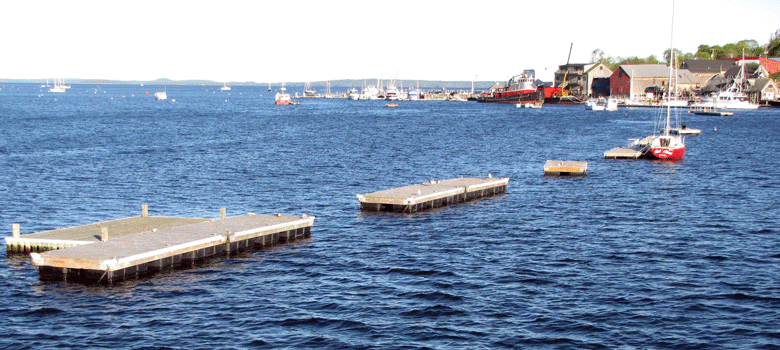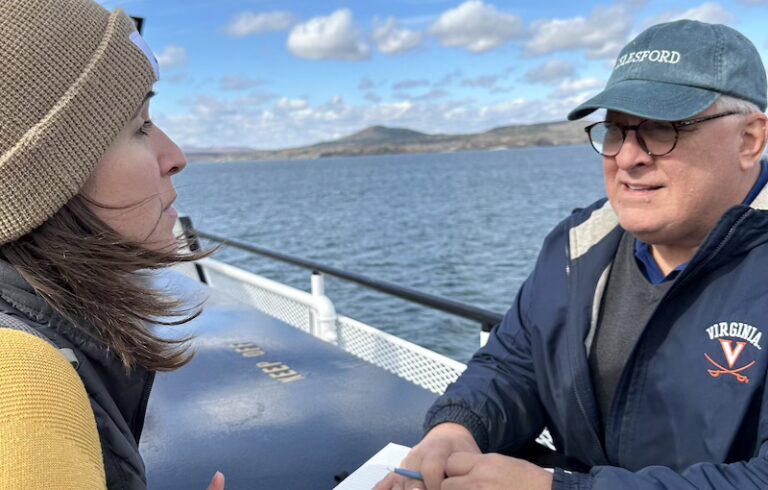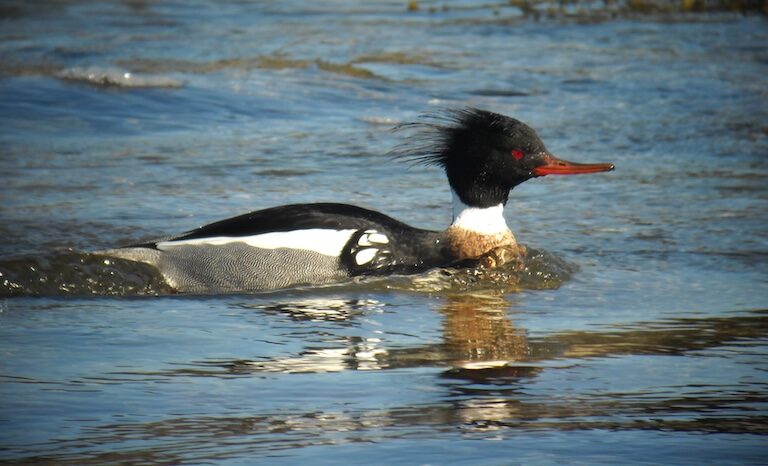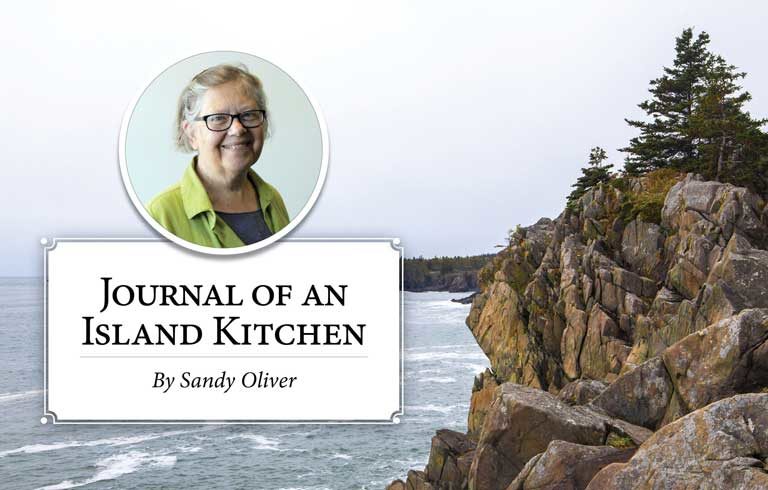Hard working people are the lifeblood of Maine’s marine economy. When I reflect back on my childhood, I can see now that the boatyard my father founded and operated played an important role in my hometown’s workforce and in turn the working waterfront.
Boats built in that yard are all over the world, but were crafted by highly skilled and knowledgeable workers right here on the coast of Maine.
While the makeup of the businesses and people reliant on Maine’s coast have shifted since my youth, one thing remains the same—Maine has talented people. We just need to make the entry points for training and career pathways visible and approachable for a more diverse workforce.
From Seattle we heard about the “silver tsunami,” or what we here in Maine call the “graying of the fleet.”
With this in mind, I jumped at the opportunity to attend the 6th biannual National Working Waterfront Conference in Boston in July, where a significant portion of the agenda was dedicated to conversations around working waterfront workforce development.
The theme of this year’s conference was “traditions and transitions,” a way to both acknowledge the culture and history of working waterfronts as well as the many changes these areas are facing. As one of the sponsors of the event, the Island Institute was proud to attend and share the work we are doing to support Maine’s island and coastal communities
The opening panel discussion, “Developing and Diversifying the Workforce of Working Waterfronts,” shed light on the current challenges and barriers to marine economy workforce development. No matter the coast—East, West, Gulf, and yes the Great Lakes, too—we heard common themes including: the aging fleet; access and transportation to the waterfront; education on evolving and new career pathways in developing sectors like offshore wind and aquaculture; affordable housing; and countering the culture of Tik-Tok career aspirations, which suggest that everyone can get rich quick.
From Seattle we heard about the “silver tsunami,” or what we here in Maine call the “graying of the fleet.” With a high percentage of Seattle’s fishing fleet workers being over the age of 45, many constituents are realizing that to maintain the maritime economy, they need to attract a younger and more diverse workforce.
The Youth Maritime Collaborative is addressing this trend by providing marine-focused career exploration, paid internships within the marine economy, and adventures that get young participants from underserved communities to spend time on and near the water.
Ben Conniff, co-founder of Maine-based Luke’s Lobster, was also a member of the panel and advocated for change. He spoke about helping black, indigenous, people of color (BIPOC) students obtain a student lobster license in this predominantly white, male fishery. Luke’s is working with these students to help them gain the knowledge, skills, and boat hours necessary to eventually have a commercial license.
As we confront the reality that about two-thirds of the more than 4,500 Maine lobstermen with commercial licenses are age 40 or older and only a small fraction are women or BIPOC, it will be important to scale up this work. Scale it up within the lobster fishery, but also within the growing aquaculture sector, so that all underrepresented populations can find pathways to participate in a more representative blue economy.
As I reflect back on the conference, I take heart knowing there are many bright and committed minds across the country trying to address working waterfront workforce issues.
With many of Maine’s citizens reliant on the marine economy for a living, it will take many organizations, educational institutions, agencies, and private sector businesses to build the skilled workforce and to address the skills gap needed to work in and around a rapidly evolving Gulf of Maine. We must all work together to bridge the gaps and help Maine thrive in the coming years.
Lia Morris is a community development officer focusing on marine economies and workforce issues with the Island Institute, publisher of The Working Waterfront. She may be reached at lmorris@islandinstitute.org.





